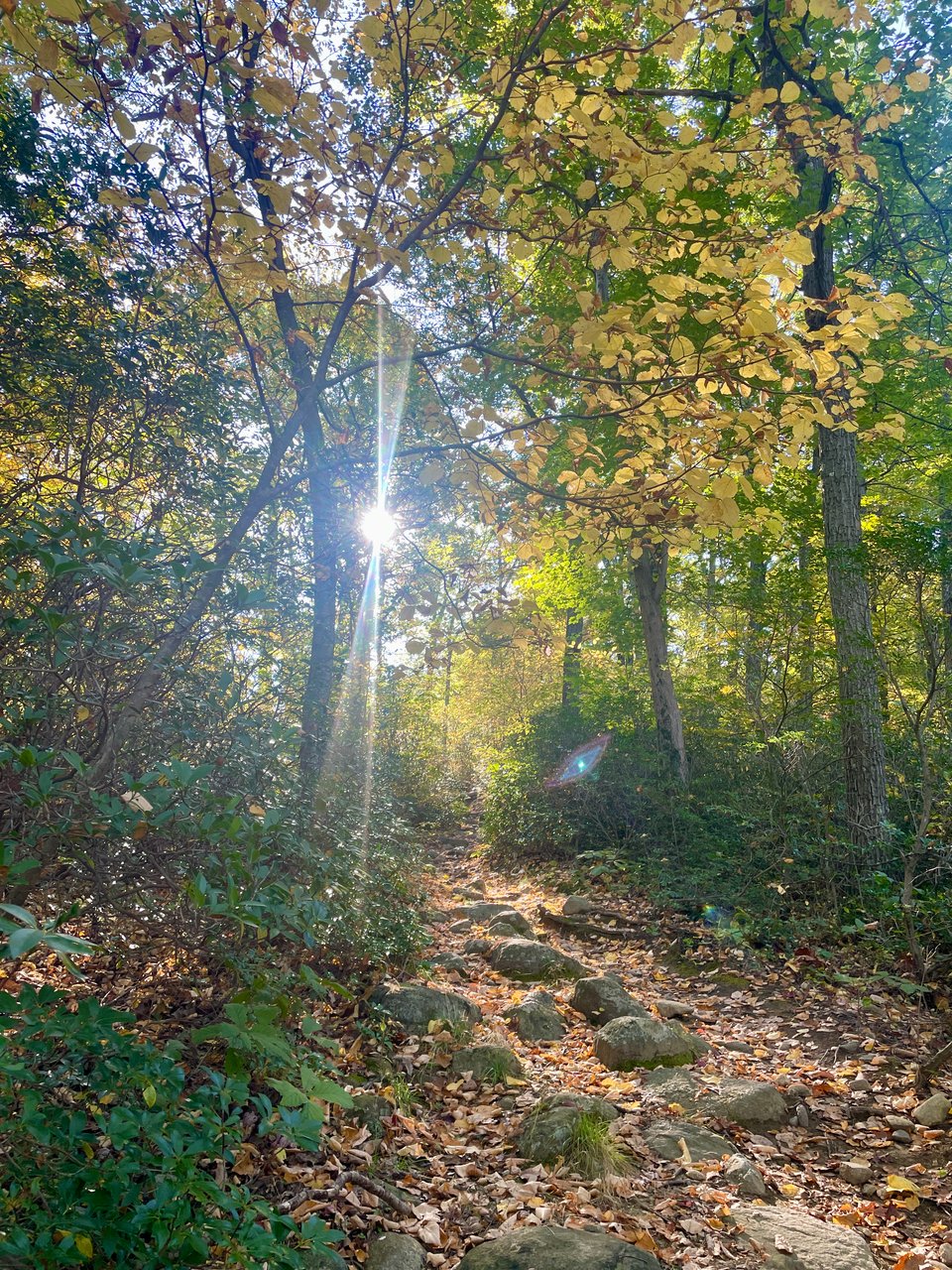Hope is (still) a discipline
Dear friends,
It's been a while. It has been hard to know what to say these last few months, for all the obvious reasons. Anyone working in or near higher ed right now knows we're in a moment of intense turbulence—the elimination of grant opportunities, changes in federal protections and data gathering, the loss of academic freedoms—massive upheaval in the humanities and education nationwide.
I have felt this turbulence intensely in my independent work. I went from feeling like I was on solid ground at the end of 2024, to thinking in early 2025 that my freelance work would no longer be viable because I was losing so many contracts, to a new period of intensity and busyness that I was not expecting. New opportunities have emerged unexpectedly—opportunities to do research, to convene brilliant thinkers, to evaluate meaningful programs, and to work with prospective first-time grantees. It’s amazing to get to do this work, but with the cognitive dissonance of the broader landscape it has been hard to surface and write about it.
Or write about anything, really. I realized recently that for the first time in several years, I don't actually have a significant writing project underway—and that seems to change the way that I think. When I'm working on a piece of writing, there's something in my brain that never quite turns off. But it's a bit hard for me to activate that same mode without the anchor of a big project. I don't think that's necessarily a bad thing; it's important to have times that are fallow, when I can be observing and working and noticing without necessarily processing all of it into language.
But it does feel different, and I find that I am missing it. Writing is a space where I tend to access hope. Without it, and as days get shorter and darker, I am finding myself prone to ruminating. I’m doing some of the most fulfilling work I’ve had the opportunity to do, and yet I’m feeling more pessimistic than I have perhaps ever felt.
Part of this feeling stems from a heightened awareness of the K-12 landscape in addition to higher ed—a landscape in which everything feels urgent. Last year, I began serving on our district's Community Education Council (NYC's version of school boards, more or less). I was re-elected to my seat over the summer, and have started the new term—this time as president. I’ve been noticing the ways that my approach to work, and community, and leadership manifest in a community setting, a volunteer setting, an advocacy setting. I think I'm doing good work, and I think I’m facilitating important work among the broader community. But there is always so much more to do, and I have felt stretched thin. I want to put all of myself into everything that I do, and yet it’s not possible, not sustainable.
When I find that I can't fix something, it hurts. I know that many of the folks who read this share similar value systems and work ethics; I know that many of us are the people who try to hold things up when they start to fall down. And that takes a toll. Especially when everything feels like it's falling down at the same time.
I know—I KNOW—that it takes discipline to sustain hope in dark times. I know that when things feel overwhelming, it's important to zoom in and think small. To focus on this relationship, or that goal, or this small act. To take action in community. It’s important to find moments of beauty, joy, and gratitude, and to celebrate the smallest victories. But it's hard.
I guess that's the work. It's coming back to Mariame Kaba’s idea of hope as a discipline, not as a feeling. I wrote most of this through dictation, on a hike. Making time to get out of the city and into the woods was an act of discipline and hope—knowing that getting outside is not a magic bullet, but that it is always good and worth doing. I took myself to a beautiful place and put one foot in front of the other, and I let myself process some of the thoughts and feelings that have been building up. This is not so different from what I wrote about in Unexpected Flourishing, which focuses so much on creating the conditions that make thriving possible.
I hope we may all find one small way, today, to create such conditions for ourselves and our communities.

